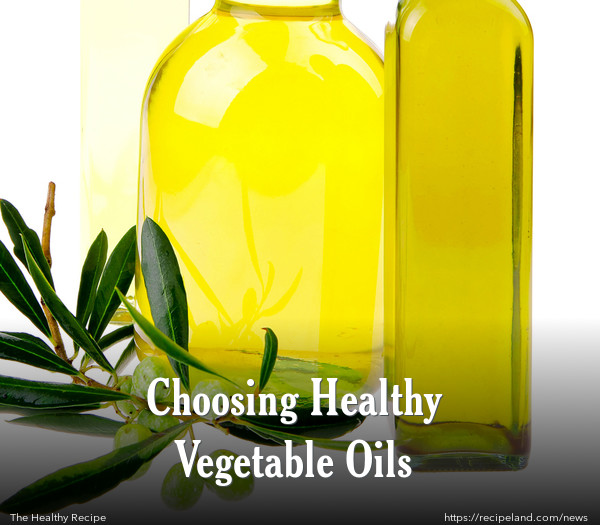When it comes to heart health, most people are now aware of the risks associated with saturated fats. Switching saturated fats for unsaturated fats is often recommended. But, is this always the best for helping your heart health?
A recent study shows that certain unsaturated fats may not be as healthy as once thought, and may, in fact, cause problems with your heart health.
Polyunsaturated fats found in some vegetable oils are known to generally be helpful for reducing cholesterol levels. But, these same vegetable oils can increase the risk of death associated with coronary artery disease. A study published recently in the Canadian Medical Association Journal reviewed more than 20 different studies pertaining to heart disease and found there to be a connection.
It is true that high cholesterol levels are associated with an increased risk of heart disease, but there are other factors that also play a role in the development of cardiac problems. Author Richard Bazinet, Ph.D., Professor of Nutritional Sciences at the University of Toronto, states other factors related to cardiac problems and deaths, including, “diabetes, obesity, inflammation, and oxidative stress.”
There are certain polyunsaturated fats are easily oxidized by the body (especially those which contain large amounts of Omega-6 fatty acids, such as corn oils and safflower oils). There are other vegetable oils that are less likely to be quickly oxidized, such as canola oil or soybean oil, which contain large amounts of Omega-3 fatty acids.
Both Omega-3 fatty acids and Omega-6 fatty acids are necessary for maintaining good health. They are not compounds that are naturally produced by our bodies, and therefore, must be introduced through food or supplemental sources. Consuming large amounts of Omega-6 fatty acids, which is common because of the high levels of processed foods in the diets of most people, can cause problems. Even those processed foods that are marketed as “healthy” may contain large amounts of Omega-6 fatty acids.
Adding in more Omega-3 fatty acids is one way to combat the problem. Experts recommend that we consume no more than 10 times as much Omega-6 as Omega-3 fatty acids, though most people have a much higher ratio than this, which is what leads to many heart health problems. Using vegetable oils that are known to contain larger amounts of Omega-3 fatty acids is one way to help yourself attain a better balance.
Choosing to use canola oils or soybean oils instead of corn oil or safflower oils, or using olive oils, along with opting for organic versions, may help you to reach an optimum balance of Omega-6 and Omega-3 fatty acids, and improve your heart health by decreasing the risk of developing heart disease.
SOURCES: https://www.prevention.com/health/health-concerns/certain-vegetable-oils-shown-increase-heart-disease-risk; https://www.fitday.com/fitness-articles/nutrition/healthy-eating/olive-oil-vs-vegetable-oil.html; Image courtesy of m_bartosch










Comments